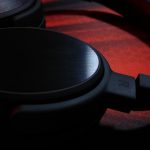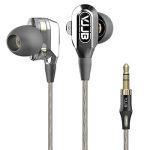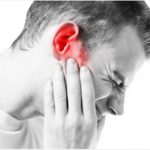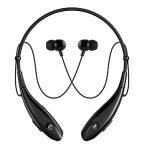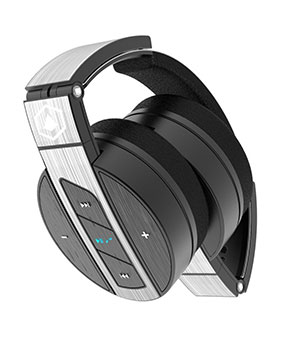What is raptured eardrum?
An eardrum rapture i.e.: Tympanic membrane perforation is a tear or hole in the thin tissue that isolates your ear canal from your middle ear/eardrum.
A ruptured eardrum can result in hearing loss. It can also make your middle ear prone to infections.
A ruptured eardrum basically heals within a few weeks without treatment. However, from time to time it requires a surgical repair or patch to heal.
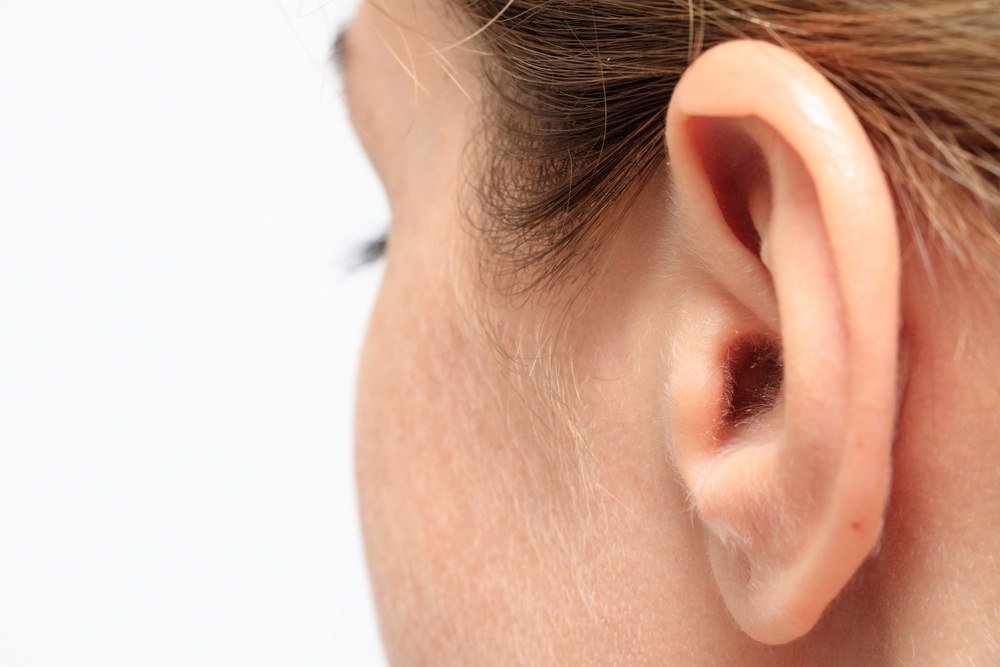
Click here to find out about 7 Best Ear Muffs For Studying
What are the symptoms?
Ruptured eardrum signs and symptoms may include:
– Ear pain that may subside quickly
– Drainage from your ear that is mucus like, bloody or pus-filled
– Hearing loss
– Ringing in your ear i.e.: Tinnitus
– Spinning sensation i.e.: Vertigo
– Feeling of nausea or vomiting that can result from vertigo
What causes raptured eardrum?
Main causes of a ruptured eardrum may involve:
1) Middle ear infection also known as otitis media – A middle ear infection frequently results in the accumulation of fluids in your middle ear. Pressure caused by these fluids can provoke the eardrum rupture.
2) Barotrauma – Barotrauma happens when air pressure in the environment and air pressure in your middle ear are not balanced. If the pressure is high, you may experience an eardrum rupture. Barotrauma is most frequently caused by air pressure changes related to air travel.
Check out 7 Best Ear Muffs For Studying [Noise Cancellation Top Picks]
3) Swift changes in pressure can possibly cause a ruptured eardrum, this includes scuba diving and a direct blow to the ear, such as the bump of an automobile air bag.
4) Blasts or loud sounds (acoustic trauma) – A blast or loud sound as from an explosion or gunshot can infrequently cause a tear in your eardrum.
5) Foreign materials inside your ear – small objects, like a hairpin or cotton swab, can pierce or tear the eardrum.
6) Serious head trauma – Such as a skull base fracture, may result in dislocation of or damage to structures of middle and inner ear, including an eardrum.
What are complications of raptured eardrum?
Your eardrum i.e.: Tympanic membrane, has two main roles:
1) Hearing – Eardrum vibrates, when sound waves strike it. This is the first step by which structures of your middle and inner ears translate sound waves into nerve impulses.
2) Protection – Eardrum also functions as a fence, shielding your middle ear from bacteria, water and other foreign materials.
Unusual problems can arise, if eardrum ruptures, particularly if it would not self-heal after 3 to 6 months. Possible complications involve:
1. Hearing loss – Commonly, hearing loss is impermanent problem, that lasts only until the tear or hole in your eardrum has healed. The location and size of the tear can influence the degree of hearing loss.
2. Middle ear infection i.e.: Otitis media. A ruptured eardrum can allow bacteria to penetrate the ear. If a raptured eardrum doesn’t heal, a small number of people may be prone to recurrent or chronic infections. Chronic drainage and hearing loss occurrence is possible.
3. Middle ear cyst i.e.: Cholesteatoma. This cyst, which is composed of skin cells and other debris, can develop in your middle ear as a long-lasting outcome of eardrum rupture, although, it happens rarely.
With the help of ear-protecting earwax, ear canal debris normally travels to outer ear. If your eardrum is perforated, the skin waste can transfer into your middle ear and stipulate cyst formation, which provides a friendly environment for bacteria in your middle ear. Cyst contains proteins that can harm your middle ear bones.
How to prevent eardrum from rapture?
Following tips will help you avoid a ruptured i.e.: Perforated eardrum:
1) Treat middle ear infections soon – Be certain of the signs and symptoms of middle ear infection, including earache, nasal congestion, fever and reduced hearing. Children experiencing middle ear infections frequently are fussy and may refuse to eat. Try to get a prompt evaluation from your primary care doctor to avoid potential harm to the eardrum.
2) Protect your ears during flight – If possible, do not fly if you have an active allergy or a cold that causes nasal or ear congestion. Maintain your ears clear with pressure-equalizing earplugs, chewing gum or yawning during takeoffs and landings, or use the Valsalva maneuver: Gently push air into your nose, as if you are blowing your nose, while pinching your nostrils and maintaining your mouth closed. Do not sleep while plane ascents and descents.
3) Avoid to put foreign objects in your ears – Do not try to dig out hardened or excess earwax with items like a cotton swab, hairpin or paper clip. These items can pierce or tear your eardrum with ease. Teach your children that putting foreign objects in their ears can result in damaging their ear drums.
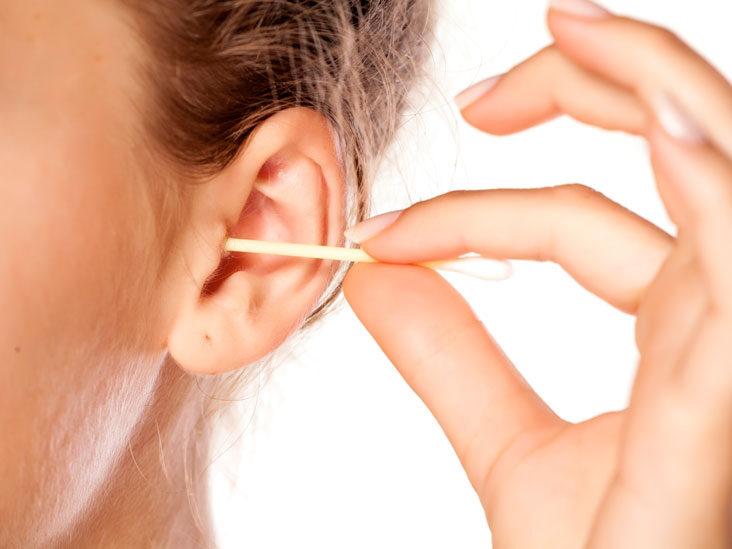
Click here to get more information about different types of earmuffs.
4) Protect your ears from explosive noises – Avert activities that expose your ears to explosions. If your hobbies or work involves planned activities that produce explosive noise, safeguard your ears from needless damage by wearing protective earmuffs or earplugs.
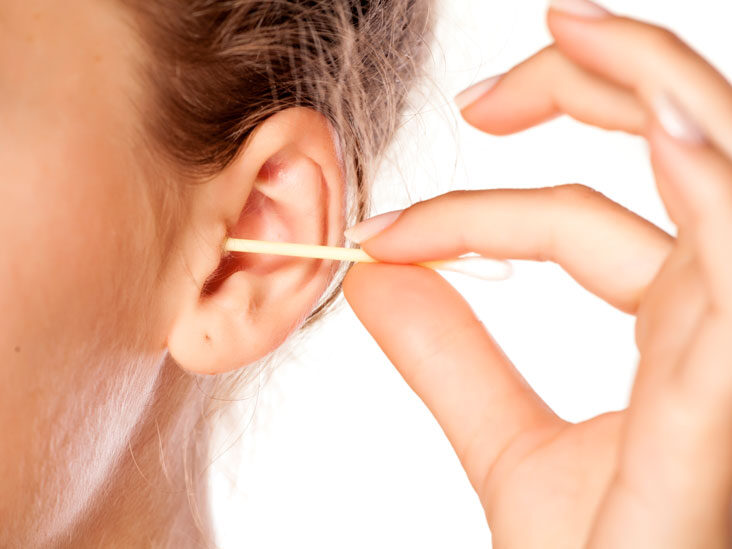
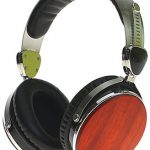
![Top 5 NRR 40 Rated Ear Muffs [2021] Top 5 NRR 40 Rated Ear Muffs [2021]](https://earmufs.com/wp-content/uploads/2018/12/ear-muffs-NRR-40-150x150.jpg)
